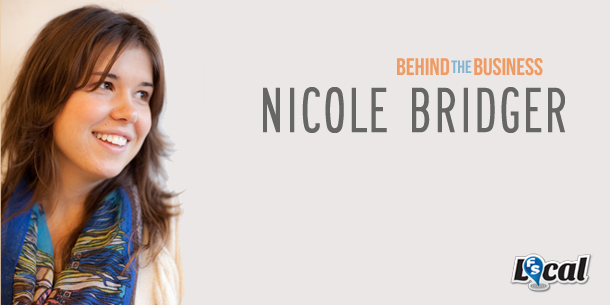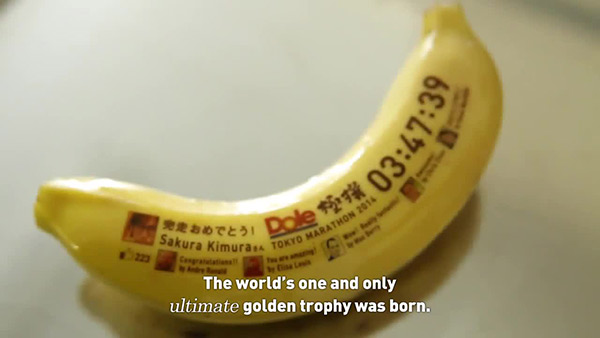Source of image: cnm.tcd.ie
Social entrepreneurship is needed in our world. There are many unfair things happening that we could not see or could not hear, but they are happening. Food shortage, disaster, disorder, poverty and so on. They are happening right now, in somewhere very close to us but also very far from us. Every person in the world has the responsibility to care about people in all of those third-world countries. In order to achieve the aim of developing happiness and kindness of the whole of mankind, as we are living in a globalized society now.
I am very glad that Sauder school of business shows their concerns. Arc Initiative provides a wonderful platform for us young students to learn about social entrepreneurship and take the opportunity to get involved in action. I believe that improvements on education skills of citizens can make big changes the country, thus it is good that Sauder actually brings those business skills to those countries. Uwonkunda’s story is inspiring and I think that she is doing this not only for contributing to her own country, also to increase people’s incentives and attract their attention. It’s important to let people realize how important and meaningful the social entrepreneurship is. It is every entrepreneur’s responsibility to put efforts in solving the social problems in the world besides making profit.








